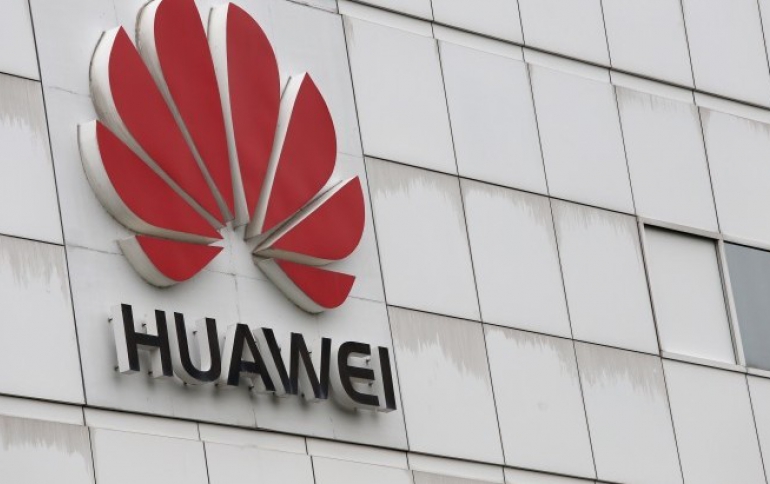
U.S. Department of Commerce Proposes Rule for Securing Information and Communications Technology and Services Supply Chain
The United States on Tuesday set out a procedure to protect its telecommunications networks and their supply chains from national security threats, saying it would consider whether to bar transactions on a case-by-case basis.
The U.S. Department of Commerce issued a notice of proposed rulemaking and requested comment on the implementation of Executive Order 13873, Securing the Information and Communications Technology and Services (ICTS) Supply Chain.
The proposed rule sets out the procedures the Secretary of Commerce plans to use to identify, assess, and address ICTS transactions that pose an undue risk to ICTS in the United States, to the critical infrastructure or the digital economy in the United States, or an unacceptable risk to national security or to the security and safety of U.S. persons. The public will have a 30-day period to submit comments.
“These actions will safeguard the Information and Communications Technology Supply Chain,” said Secretary of Commerce Wilbur Ross. “These rules demonstrate our commitment to securing the digital economy, while also delivering on President Trump’s commitment to our digital infrastructure.”
The Commerce Department said that Secretary Wilbur Ross had chosen to adopt a “case-by-case, fact-specific approach to determine which transactions must be prohibited, or which can be mitigated.”
U.S. President Donald Trump issued an executive order in May declaring a national emergency and barring U.S. companies from using telecommunications equipment made by firms posing national security risks. The order was widely seen as being aimed at Chinese firms such as telecoms equipment market leader Huawei Technologies and ZTE.
The Trump administration added Huawei to its trade blacklist in May, citing national security concerns, but has issued licenses to allow some U.S. companies to continue to do business with the world’s second-largest smartphone maker, a leader in next-generation 5G network technology.
The Commerce Department said the procedure unveiled Tuesday is open to public comment before it becomes final, but that the determination of “foreign adversaries” is solely at Ross’s discretion. It also gives Ross the power to immediately prohibit or revise transactions that pose national security risks.
On Friday, the U.S. Federal Communications Commission voted unanimously to designate Huawei and ZTE as national security risks, barring their U.S. rural carrier customers from tapping an $8.5 billion government fund to purchase Huawei or ZTE equipment.





















